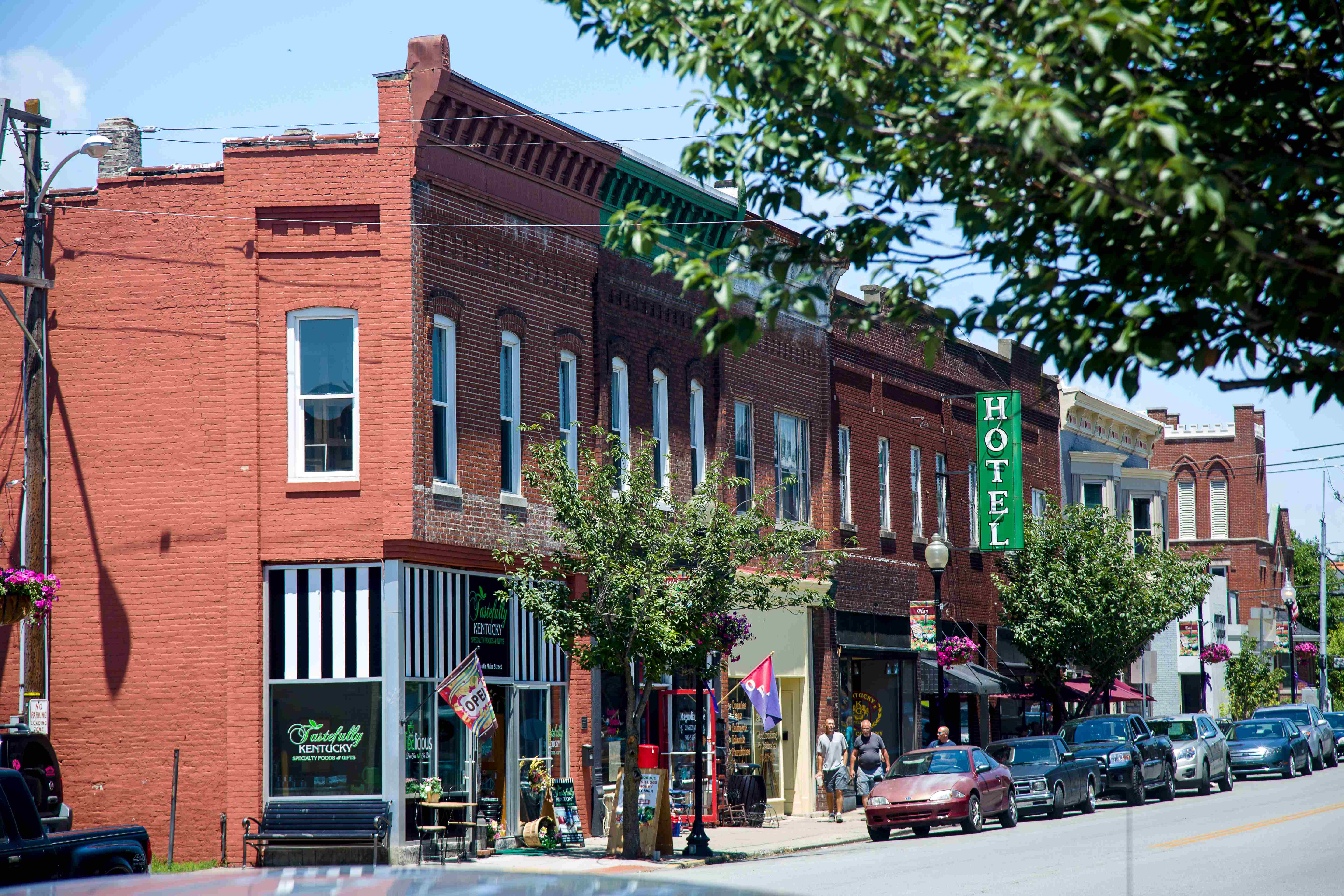Brownfield Bootcamp Workshop empowers local communities
Brownfield Bootcamp Workshop empowers local communities


The University of Kentucky Martin-Gatton College of Agriculture, Food and Environment and the Kentucky Energy and Environment Cabinet's Department of Environmental Protection Brownfield Program are offering a free two-day “Brownfield Bootcamp” workshop Aug. 29-30 to improve local communities.
The program, led in part by the college's Community and Economic Development Initiative of Kentucky (CEDIK), will give attendees insights into how the brownfield program can catalyze local transformation and growth.
The U.S. Environmental Protection Agency defines brownfields as property where the presence or potential presence of a hazardous substance, pollutant or contaminant makes expansion, redevelopment or reuse difficult.
“Brownfields are often blighted, abandoned or underutilized properties that as a result of past activities, may – or may not, be contaminated and are underutilized because of concerns with the cleanup costs and liability,” said Shane Barton, CEDIK downtown revitalization coordinator.
The Kentucky Department of Environmental Protection recruited CEDIK due to its successful downtown revitalization efforts since the 2017 CEDIK Downtown Revitalization Program launch. During this time, CEDIK actively engaged underserved downtowns in Southeast Kentucky. They were helping local teams address unique challenges by engaging local leaders, sharing ideas and developing creative, locally-driven solutions to historic challenges.
Lynn True, the Kentucky Brownfield Program manager, says education, resources and partnerships can help overcome many obstacles associated with brownfield redevelopment.
“Knowing where to find these things is key to a successful brownfield project–and that’s where state and federal brownfield programs can be helpful,” she said. “The state’s program not only helps communities navigate the redevelopment process, but it also offers technical assistance for assessing sites and financial assistance for cleaning them up.”
The first day begins with a comprehensive introduction to downtown revitalization and the brownfield redevelopment process. The day is designed to equip attendees, including concerned citizens, local business owners and government representatives, with the knowledge and tools needed to make a meaningful impact.
Participants delve into topics such as funding opportunities for brownfield redevelopment projects. Understanding the financial resources at their disposal is crucial for successful initiatives. The workshop explores different community engagement strategies to ensure all stakeholders feel involved and heard throughout the redevelopment process.
Attendees will learn how to collect and use relevant data to make evidence-based choices. From environmental assessments to socio-economic data, participants will gain insights into leveraging information to develop a brownfield redevelopment plan tailored to the community's needs.
On day two, the workshop will take a deeper dive into the components of an EPA brownfield proposal. This day is particularly relevant for those looking to submit a grant application. Crafting a compelling proposal is instrumental in bringing brownfield redevelopment visions to life. Facilitators will provide insights and best practices for creating persuasive, effective proposals to maximize their chances of success.
“Brownfields are not something to avoid but rather should be viewed as opportunities to catalyze community and economic redevelopment efforts in communities,” Barton said. “Redevelopment of brownfield and other blighted properties represent opportunities to improve the overall economic and environmental health, increase the local tax base, facilitate job growth and develop new community assets while often utilizing existing infrastructure.”
To learn more about the bootcamp and register, visit https://dca.ticketleap.com/brownfield-boot-camp/details.
Community & Leadership Development Extension

